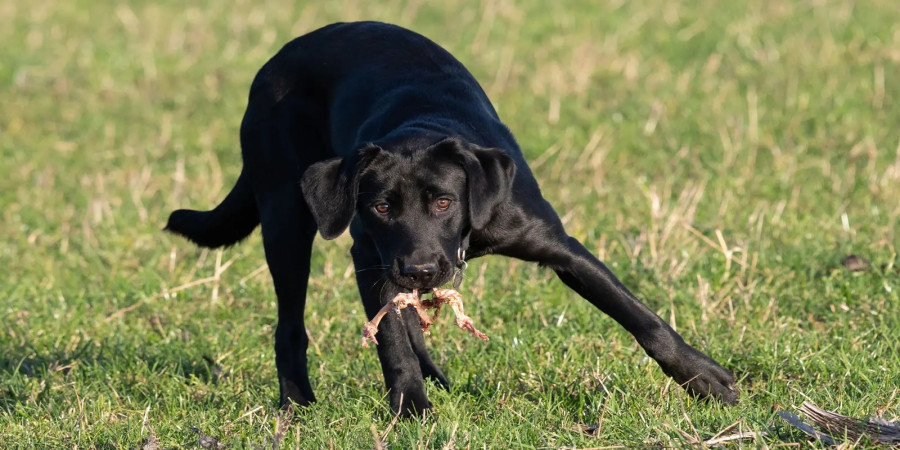

My Dog Ate a Dead Bird: What Should I Do?
Dogs are naturally curious creatures with a penchant for exploring the world through their mouths. Unfortunately, this means they often find themselves sniffing, licking, and sometimes even eating things they shouldn't. If your dog has picked up a dead bird, it's understandable to feel worried. While it's a common occurrence, there are potential risks to consider.
Potential Health Risks
- Bacteria and parasites: Dead birds can carry harmful bacteria like Salmonella and E. coli, as well as internal parasites like roundworms. Consuming these can lead to gastrointestinal upset, vomiting, diarrhea, or in severe cases, more serious illness.
- Toxins: If the bird died from ingesting poisons such as insecticides or rodenticides, your dog could be exposed to these toxins as well.
- Botulism: Rotting carcasses can produce botulism, a potent neurotoxin that can be fatal for dogs.
What to Do
- Don't panic: While there are potential risks, most dogs who eat a dead bird will be fine. The quicker you act, the better.
- Remove the bird: If possible, safely remove any remaining parts of the bird from your dog's reach.
- Contact your veterinarian: Call your vet and provide details about the incident – the type of bird (if you know), how long you think it was dead, and how much your dog ate. Your vet will assess the potential risks and advise on the best course of action.
- Monitor your dog: Pay close attention to your dog over the next few days for signs of illness like vomiting, diarrhea, lethargy, or loss of appetite. If you notice anything concerning, contact your veterinarian immediately.
Prevention Tips
- Supervise outdoor time: Keep a watchful eye on your dog during walks and play sessions outside.
- Train a strong "leave it" command: Teach your dog to immediately drop objects on command.
- Deter birds from your yard: Keep potential food sources for birds out of reach and make your yard less inviting with bird deterrents.
References:
- [My Dog Ate a Dead Bird: Should I Be Worried? Our Vet Answers] (https://www.dogster.com/ask-the-vet/my-dog-ate-a-dead-bird-vet-answer)
- [My Dog Ate a Dead Bird: Should I Be Concerned? - Hill's Pet Nutrition] (https://www.hillspet.com/dog-care/healthcare/dog-ate-dead-bird)
- Dogs and dead birds | Worms & Germs Blog: [https://www.wormsandgermsblog.com/2008/06/articles/diseases/salmonella/dogs-and-dead-birds/]
Remember: Your veterinarian is the best resource for specific advice tailored to your dog's individual needs and health history.
Let me know if you'd like any modifications!
Popular articles

Apr 11, 2024 07:40 PM

May 25, 2024 08:09 PM

Apr 11, 2024 07:22 PM

Apr 10, 2024 07:59 PM

Mar 14, 2024 07:53 PM
Comments (0)